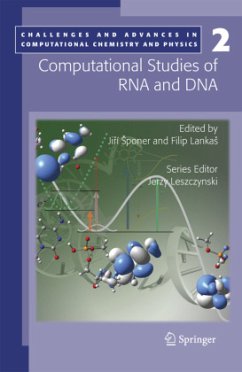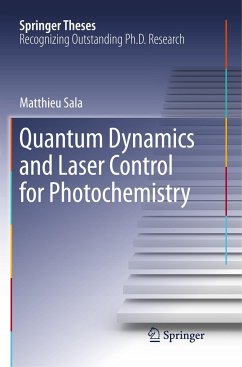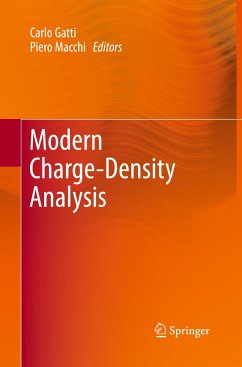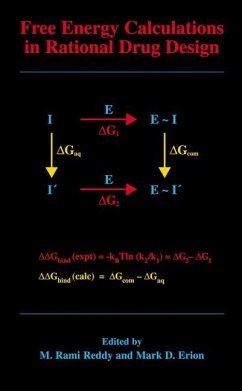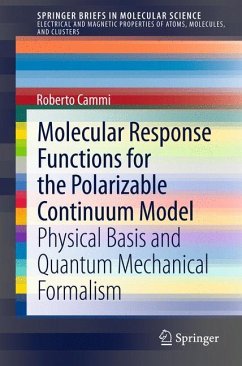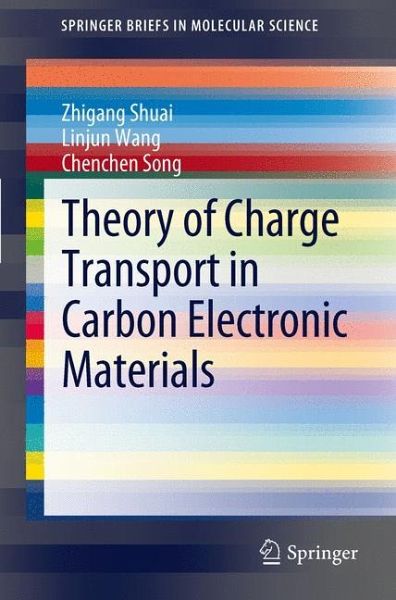
Theory of Charge Transport in Carbon Electronic Materials

PAYBACK Punkte
19 °P sammeln!
Mechanism of charge transport in organic solids has been an issue of intensive interests and debates for over 50 years, not only because of the applications in printing electronics, but also because of the great challenges in understanding the electronic processes in complex systems. With the fast developments of both electronic structure theory and the computational technology, the dream of predicting the charge mobility is now gradually becoming a reality.This volume describes recent progresses in Prof. Shuai's group in developing computational tools to assess the intrinsic carrier mobility ...
Mechanism of charge transport in organic solids has been an issue of intensive interests and debates for over 50 years, not only because of the applications in printing electronics, but also because of the great challenges in understanding the electronic processes in complex systems. With the fast developments of both electronic structure theory and the computational technology, the dream of predicting the charge mobility is now gradually becoming a reality.
This volume describes recent progresses in Prof. Shuai's group in developing computational tools to assess the intrinsic carrier mobility for organic and carbon materials at the first-principles level. According to the electron-phonon coupling strength, the charge transport mechanism is classified into three different categories, namely, the localized hopping model, the extended band model, and the polaron model. For each of them, a corresponding theoretical approach is developed and implemented into typical examples.
This volume describes recent progresses in Prof. Shuai's group in developing computational tools to assess the intrinsic carrier mobility for organic and carbon materials at the first-principles level. According to the electron-phonon coupling strength, the charge transport mechanism is classified into three different categories, namely, the localized hopping model, the extended band model, and the polaron model. For each of them, a corresponding theoretical approach is developed and implemented into typical examples.








